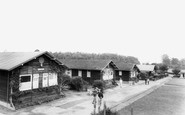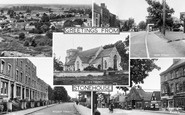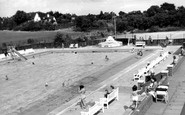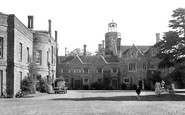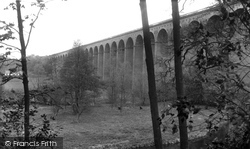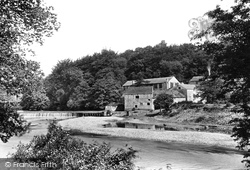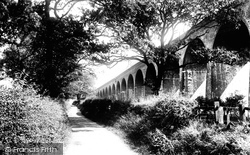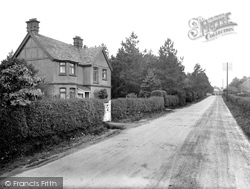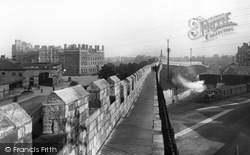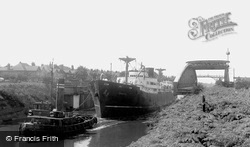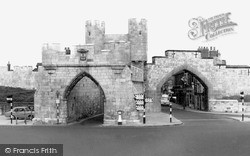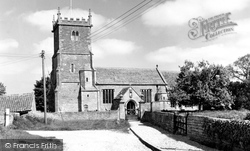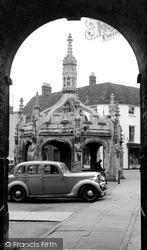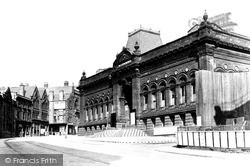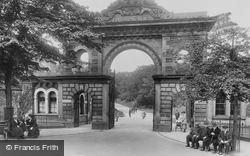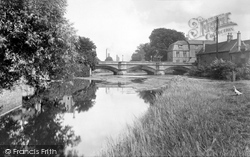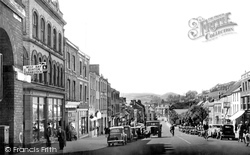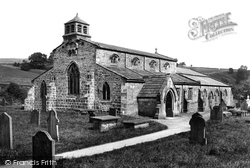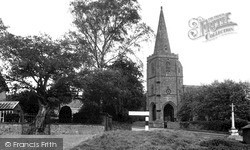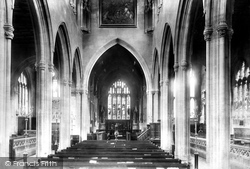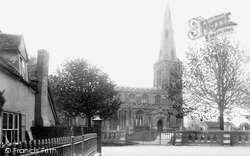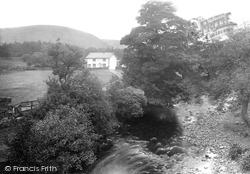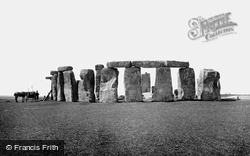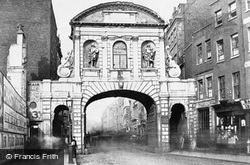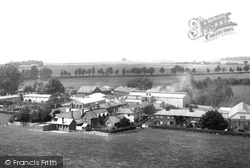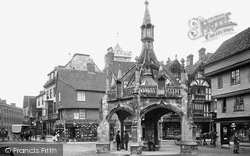Places
Sorry, no places were found that related to your search.
Photos
5 photos found. Showing results 481 to 5.
Maps
83 maps found.
Books
Sorry, no books were found that related to your search.
Memories
1,128 memories found. Showing results 241 to 250.
Evacuated Fro Newcastle To Camp In1940
Mr Scott was Head Master. Very much run on Military lines, but have good memoriies of that time. I was in Beeches house, my younger brother was there too. Anyone from that era out there and want to share the good old days with Chilton?
A memory of Hexham in 1940
Memories Of Broughton During The War
Hi all. My brother and I were evacuated to Skipton in late 1941 from London. As we all sat on the floor in some large hall in Skipton after out trip up from London, people were walking ...Read more
A memory of Broughton in 1941 by
Childhood 1952 Onwards
I think Stonehouse had something for every age growing up. Brownies, cubs, scouts, and guides. A youth club and a coffee bar. Always somewhere to explore, the canal, Doverow for sledging, the brickworks and always ...Read more
A memory of Stonehouse in 1952 by
Roots
Lived in Eltham from 1940, when Dad was in Artillery, and off to France, came back injured from Dunkirk, but alive, just ! Homes were, Rancliffe Gdns, Milburn Gdns, and Meadowside. Lovely road with unrestricted views across what is now ...Read more
A memory of Mottingham in 1940 by
Happy Days
Brought up in Thomas Street from 1947. I remember the cinema at the end of the street, and the Police Station next to the Llanbradach Hotel .As someone mentioned earlier, summer was spent at the outdoor baths, always freezing cold, ...Read more
A memory of Llanbradach by
Recollections Of Letchworth Swimming Pool, From Mid 60's
As I look at this picture of the Letchworth swimming pool and notice the date is c1950… it would be only a few years later (mid 60’s) that my friends and I would cycle there ...Read more
A memory of Letchworth Garden City in 1964 by
Memories Of Point Clear Bay Near St Osyth In The Mid 1950s& 60s
My family and I used to spend our holidays at Point Clear almost every year during the late 1940s, 50s and 60s, and often met the same families each time we went down there. I ...Read more
A memory of St Osyth in 1956 by
Childhood
I remember spending the first twelve years of my life in Haltwick, we lived in Sunnny Side Cottage, my brother and I would go down past the pub to get water from the well and we would play in the woods and fields. We moved to Dane End ...Read more
A memory of Dane End in 1946 by
Brownrigg
The 2012 Brown Rigg School Reunion wil take place over the weekend of 8/9/10th June. There will be a packed programme of entertainment and the opportunity to take a look around Brown Rigg once again. Bellingham hasn't changed very ...Read more
A memory of Bellingham by
Lower Hyde Farm 66
I too stayed at Lower Hyde Farm on many occasions as a child and remember arriving on the day of the 19966 World Cup final. We listened to the match on another passenger's transistor radio, standing in the guards's van on the ...Read more
A memory of Shanklin in 1966 by
Captions
1,233 captions found. Showing results 577 to 600.
This view pre-dates the Swinging Sixties, with echoes of a less materialist era: the Gothic-arched building on the right is the former Wesleyan Methodist Sunday School of 1903.
Opened on Monday 6 August 1850, the 40 semi-circular arches are built from sixteen million locally made bricks capped with Hexham stone blocks; the cost was £80,000.
Upstream is Flint Mill (operational from 1772 to 1954, now converted to a house); this is the larger Thorp Arch Manor Mill, recorded in the Doomsday Book.
Here we have a grand view of the railway arches heading out of Whalley.The railway arrived in the village in 1850, and the 600yd- long viaduct carries the Blackburn to Clitheroe line at a height of
Not far away are Chelwood Vachery, a re-created hall-house originally called Trimmer's Pond, and Kidbrooke Park, a much altered and decorated house with gardens laid out by Repton.
The wall had to be breached and an arch built in order to allow the tracks to enter the city.
The fact that all of its manufacturing products had to be shipped through the port of Liverpool – Manchester's arch-rival – dented the city fathers' pride.
The fact that all of its manufacturing products had to be shipped through the port of Liverpool – Manchester's arch-rival – dented the city fathers' pride.
It was partially rebuilt after the siege, and completed in 1648 - this is recorded over the outer arch.
The church was restored by Hakewill in 1865, but the chancel roof still has painted flowers, and the arch near the nave still has its 14th-century mouldings.
This photograph was taken from under the arch of the gateway leading to Malmesbury Abbey, looking out towards the market cross.
A view of Leeds Mechanics's Institute.This imposing Italianate building, with its lofty round-arched windows, was built by Cuthbert Brodrick in the late 1860s. It later became the Civic Theatre.
No expense was spared in the making of the park and its lodge.The Borough coat of arms and its motto,'Arte et Labore', is cut into the stone, along with the name of the park over the entrance arch
Built in 1849, it replaced four arches of a medieval one, while to the right is Lord Burghley's Hospital, built in 1597 on the site of an older hospital founded in the 1170s.
A remarkably foreshortened shot, westwards down West Street, with the 1785-built arch (far left) being the north-west corner of the Town Hall.
This is the splendid 12th-century church of St Michael and All Angels with its Norman arches.
There is a picture with the arches walled up, but they were unblocked in the mid 1800s. From then until 1940 the bell ringers operated in the open air!
Inside, St James's Church has an air of newness; its five bays have wide arches and four-shafted slender piers. The panelled nave roof was restored in 1847, the same date as the chancel roof.
The chancel arch of the present church dates from the 13th century, and the tower was added in around 1390.
In Slaidburn's Church Street there is a plaque stating that the school there was endowed and erected by John Brennand, a much-respected benefactor, who died in 1717.
As we look southwards from the Hele stone, through the middle arch, we can see the tallest stone of the inner horseshoes of trilithons.
Beneath its arch Queen Victoria and Albert passed on their way to State services at St Paul’s.
The schoolhouse survives complete with its arch into the works.
People sit and watch life go by under the hexagonal arches of the Poultry Cross. For five hundred years commerce has surrounded this area with ironmongers, shoemakers and fish and meat shops.
Places (0)
Photos (5)
Memories (1128)
Books (0)
Maps (83)

